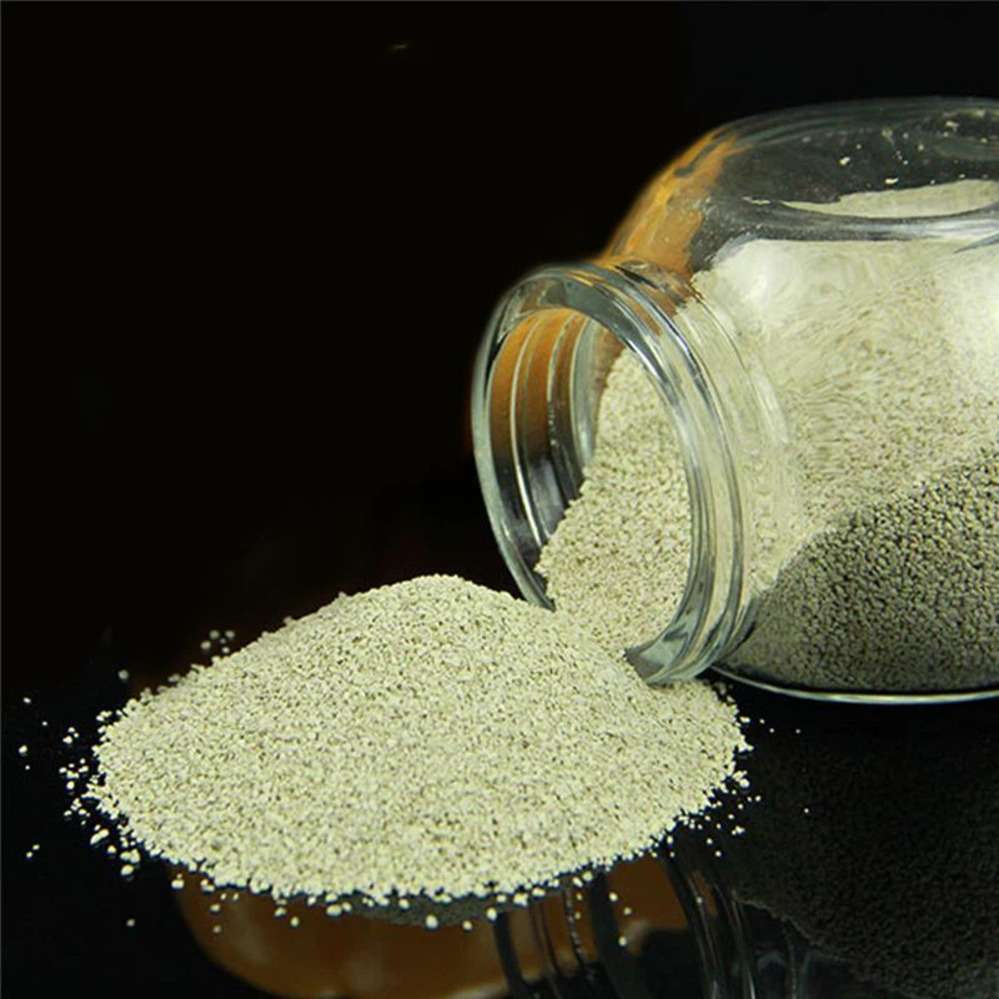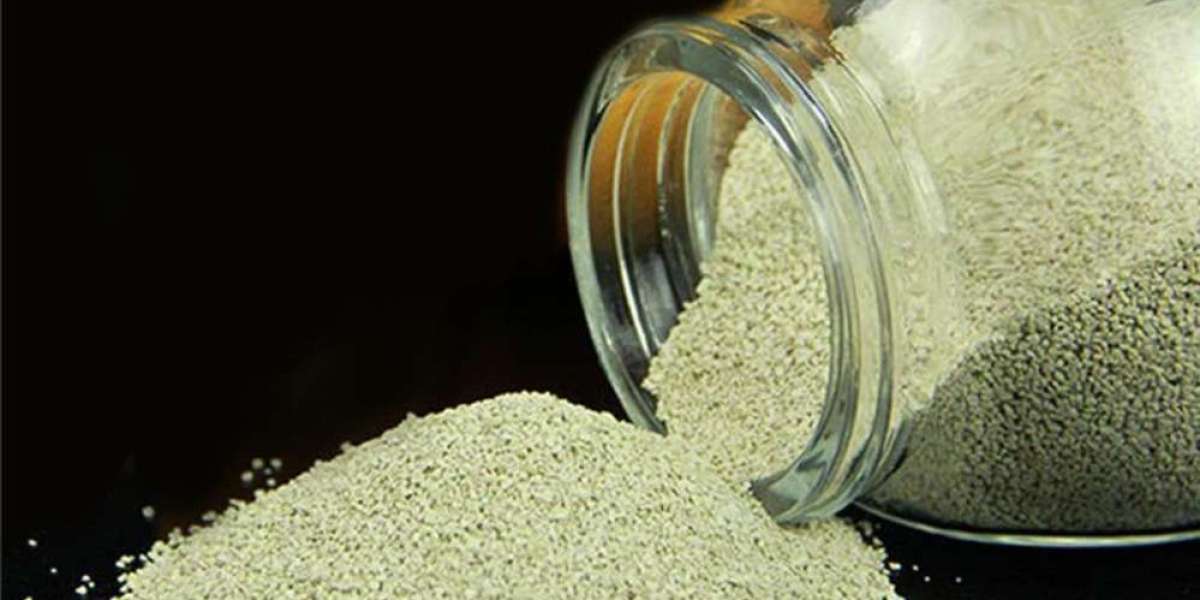Ferrous Sulfate: A Vital Iron Compound Transforming Medicine, Agriculture, and Industry

Ferrous sulfate, a widely used inorganic compound, plays a crucial role across diverse fields such as medicine, agriculture, and industry. Known for its excellent bioavailability and rich iron content, Ferrous Sulfate addresses iron deficiency in humans and animals, enriches soil fertility, and contributes to various manufacturing processes. This article provides a comprehensive look at ferrous sulfate, exploring its chemical nature, applications, benefits, and safety considerations that highlight its indispensable value.
Understanding Ferrous Sulfate: Composition and Properties
Ferrous sulfate, chemically denoted as FeSO₄, is a salt of iron and sulfuric acid. Typically, it appears as pale green or blue-green crystals or powder and commonly exists as the heptahydrate form (FeSO₄·7H₂O). It is water-soluble and provides iron in the ferrous (Fe²⁺) state, which is readily absorbed by living organisms.
Its accessibility and cost-effectiveness make ferrous sulfate one of the most popular iron supplements globally.
Ferrous Sulfate in Medicine: Combating Iron Deficiency
One of the most significant uses of ferrous sulfate is in medical treatments to manage iron deficiency anemia — a condition marked by low hemoglobin due to inadequate iron.
- Iron Supplementation
Iron is vital for producing hemoglobin, a protein responsible for oxygen transport in the blood. Ferrous sulfate supplements replenish iron stores, improving oxygen delivery and reducing symptoms such as fatigue, weakness, and shortness of breath. - Treatment of Anemia
Ferrous sulfate is the first-line oral treatment for iron deficiency anemia caused by poor dietary intake, blood loss, or malabsorption. Its ferrous form is more soluble and absorbed efficiently compared to ferric iron compounds. - Dosage and Administration
Ferrous sulfate is available in tablets, syrups, and drops, making it adaptable for various patient needs, including children and pregnant women, who are particularly vulnerable to iron deficiency. - Side Effects and Precautions
Common side effects include gastrointestinal discomfort, constipation, and nausea. These can often be mitigated by taking the supplement with food or adjusting the dosage. Careful monitoring is essential to avoid iron overload, which can be toxic.
Agricultural Applications: Enhancing Soil and Crop Health
Ferrous sulfate is widely used in agriculture to address iron deficiency in plants, which can severely limit growth and crop yields.
- Correcting Iron Chlorosis
Iron chlorosis manifests as yellowing leaves due to insufficient iron, especially common in alkaline or calcareous soils where iron becomes insoluble. Applying ferrous sulfate either as a soil amendment or foliar spray supplies plants with bioavailable iron, revitalizing chlorophyll production and photosynthesis. - Soil Amendment
In addition to correcting deficiency, ferrous sulfate helps lower soil pH, improving nutrient availability and enhancing microbial activity. This makes it a useful tool for managing soil chemistry in various crop systems. - Water Treatment for Irrigation
Ferrous sulfate is used to treat irrigation water by precipitating unwanted phosphates and reducing the buildup of harmful substances that affect soil and crop health.
Industrial Uses: Diverse Roles of Ferrous Sulfate
Beyond health and agriculture, ferrous sulfate has a spectrum of industrial applications.
- Pigment Production
It is a key raw material in manufacturing iron-based pigments such as iron oxide, used extensively in paints, coatings, and cosmetics for coloring. - Water Purification
Ferrous sulfate acts as a coagulant in wastewater treatment, removing suspended solids, phosphates, and heavy metals, thus improving water quality and reducing pollution. - Textile and Leather Industry
In textile manufacturing, it serves as a mordant, helping dyes fix to fabrics. Similarly, in leather processing, ferrous sulfate assists in tanning and improving product durability. - Chemical Synthesis
It acts as a reducing agent in various chemical processes, including the production of pharmaceuticals and organic compounds.
Production and Quality Control
Ferrous sulfate is primarily produced through two methods:
- By reacting iron or iron oxides with sulfuric acid: This yields high-purity ferrous sulfate crystals used in medical and industrial applications.
- Recovery as a byproduct: It is obtained during the production of steel and other metals, often requiring purification for specific uses.
Quality control focuses on purity, moisture content, particle size, and absence of contaminants to ensure efficacy and safety.
Environmental Impact and Sustainability
Ferrous sulfate is generally considered environmentally safe when used responsibly. Its use in water treatment helps reduce pollution and supports sustainable water management practices.
However, excessive use in agriculture can lead to soil acidification and potential iron toxicity, which might harm beneficial microorganisms and plants. Balanced application, guided by soil testing and agronomic advice, promotes sustainable use.
Safety and Handling
While ferrous sulfate is relatively safe, certain precautions are necessary:
- Handling: It can cause skin and eye irritation; protective gloves and goggles are recommended.
- Ingestion: Only recommended doses should be consumed to avoid iron toxicity.
- Storage: Should be kept in a dry, cool environment to prevent degradation and caking.
In industrial environments, proper ventilation and personal protective equipment help minimize inhalation risks.
Emerging Trends and Innovations
Recent research explores enhanced formulations of ferrous sulfate, such as slow-release fertilizers and combination products that improve nutrient efficiency and reduce environmental impact.
In medicine, novel delivery systems like liposomal ferrous sulfate are being developed to enhance absorption and reduce side effects.
Advances in nanotechnology also investigate nano-sized ferrous sulfate particles for targeted agricultural and biomedical applications.
Conclusion
Ferrous sulfate is a cornerstone compound with extensive applications spanning health care, agriculture, and industry. Its role in treating iron deficiency anemia has improved the lives of millions worldwide, while its agricultural use addresses critical micronutrient shortages that limit crop productivity. Industrially, ferrous sulfate contributes to pigment production, water treatment, and chemical manufacturing.
Understanding its properties, benefits, and safety ensures ferrous sulfate continues to be used effectively and sustainably. As innovation progresses, ferrous sulfate’s significance is poised to grow, reflecting its enduring value as a versatile and essential mineral compound. Click here to view more details https://www.topfert.net/



